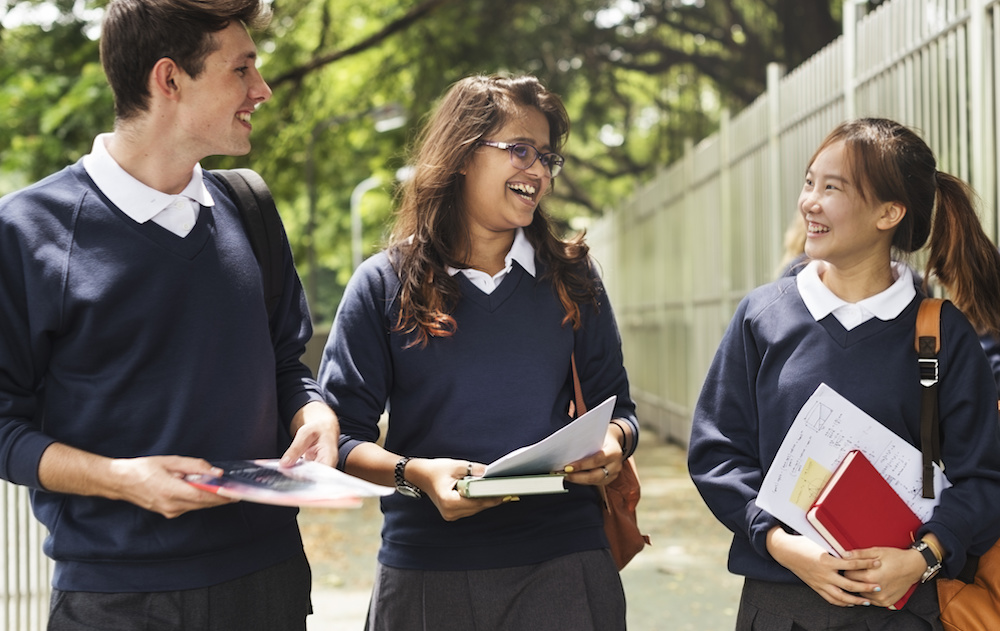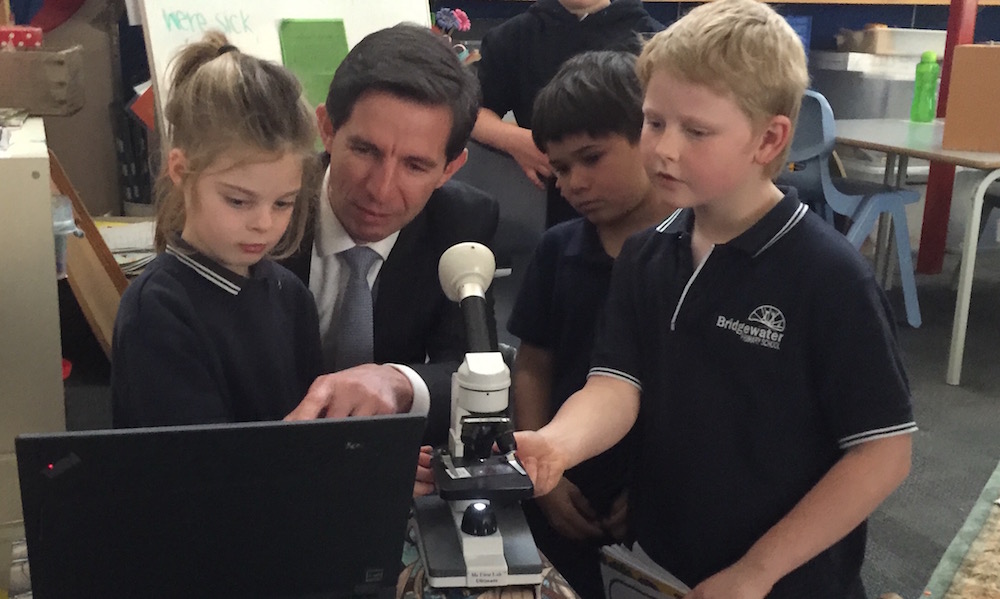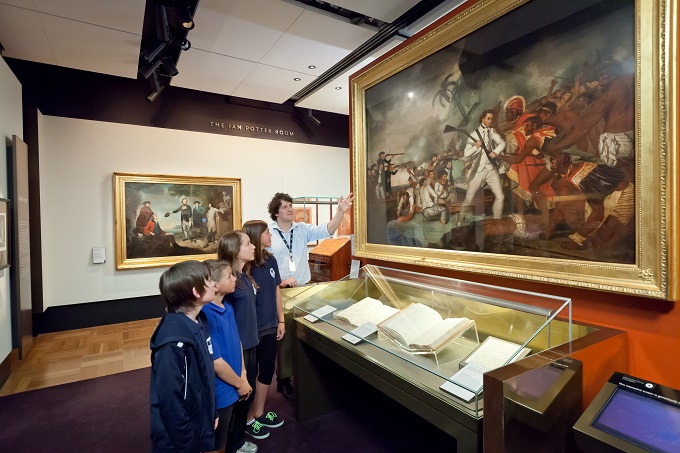You won’t believe where these school tours are taking students
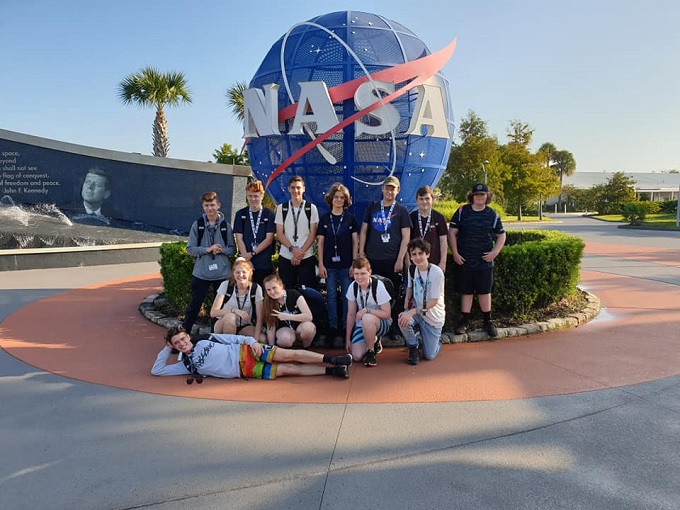
International travel is a gamechanger for students.
Not only do overseas trips instill self-sufficiency, responsibility and leadership in students; they also create once-in-a-lifetime real-world context for lessons across all learning areas. Trips can be incredibly focused, like a music tour to visit a world-famous orchestra or a language tour to immerse French students in Parisian culture. They can also cross subject lines and present intricate opportunities for project-based learning.
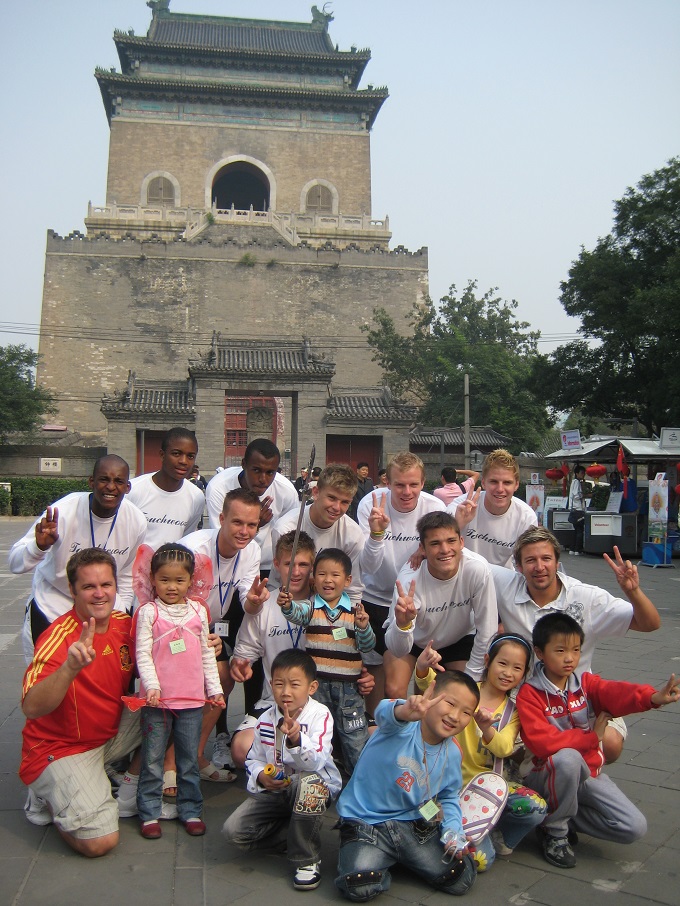
Overseas tours are big investments made by schools, teachers and parents; they require lots of planning, forethought and build up lots of excitement among students. To avoid the disappointment experienced by schools in Britain earlier this year during the Thomas Cook collapse, it’s vital that schools engage with reputable and licensed travel operators. Check that your travel insurance will cover you in case of insolvency. A British dance school lost more than $24,000 when its one-in-a-lifetime visit to Broadway in New York City was cancelled because of the Thomas Cook collapse. According to experts, schools should avoid this type of loss by checking which international companies their chosen operator liaises with and by verifying that funds are held in separate trust accounts.
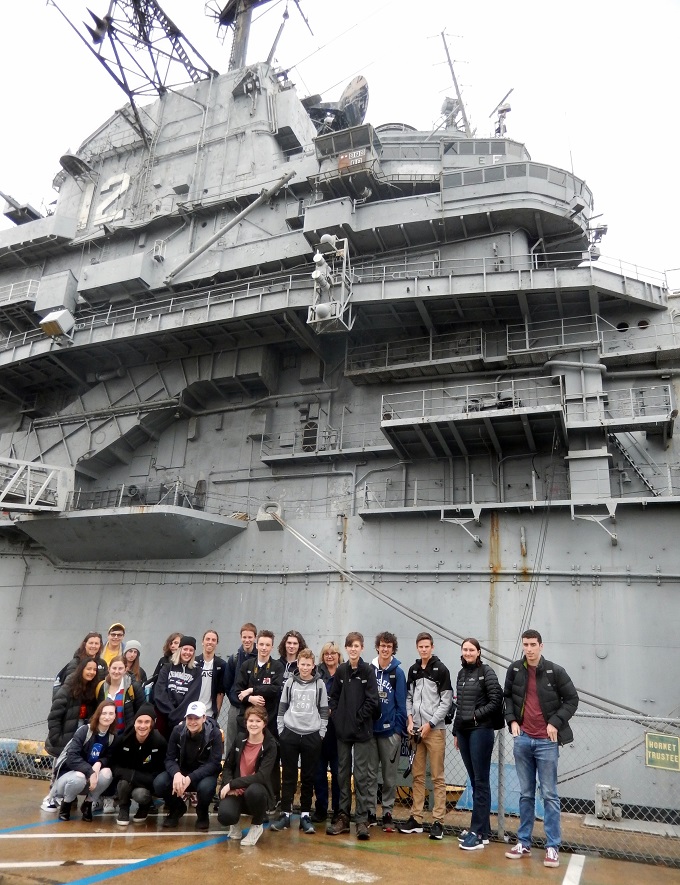
Ask your tour operator about any unaccounted for time on the schedule. Are meals going to be catered or will restaurants be chosen spontaneously? Has this been factored into the cost? Where will students spend their free time? Tour operators will have a much better idea of what’s available in local hotspots and are best placed to advise. One of our experts said that some companies in China make a profit from shopping commissions and will encourage schools to visit commission-based shops, so be proactive about researching sister-companies.
A truly once-in-a-lifetime overseas tour is one that is specific to your students. Allow their interests and learning focus to guide your decision-making and structure a tour that is engaging and unique. To explore what tours are now possible and uncover how far ahead schools should plan, we interviewed two tour operators that specialise in planning learner-centric overseas tours with schools.
Tour tips from industry insiders:
How can budget-restricted schools offer these experiences?
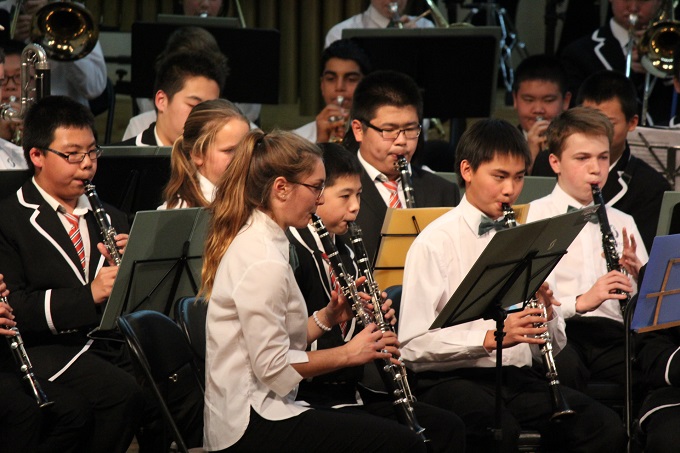
“The best thing for budget-restricted schools is to plan ahead for two years,” Morcombe Travel director Peter Armstrong advised. “Don’t try to cut things out of tours because a good ground operator will give you a well-balanced tour. Cutting out bits impacts on the tour quality.
“Set payment timelines that are realistic and work with your travel agent to get clear dates for deposits and further payments. Sometimes schools have a weekly or fortnightly payment system set up and parents are then able to see a way for regular payments rather than big lump sum ones. A lot of schools with restricted funding make students actively go out and do tasks, work, performances, etc., to raise money, adding more value to the tour for students.”
Ross Camfield from Educational World Travel suggested that local schools team up to share costs and meet the number requirements for exciting international experiences. “Many overseas STEM programs have a minimum number of students required. For example, Kennedy Space Center requires 24 students to participate in the ATX Astronaut Training and Mars Base 1 experience. By combining local schools into larger ‘Planet Groups’, minimum numbers can be reached and students don’t miss out on the experience. This can be done on a variety of tours so they are accessible to students nation-wide and keep costs down.”

What styles are available for schools looking to organise a unique tour?
Ross described some of the unique options available: “Ivy league university tours are increasingly popular for students to discover prospective universities in the US! Language tours around Asia and Europe are popular and versatile. Music and dance tours can include performances at Disneyland, Universal Studios and Knotts Berry Farm.
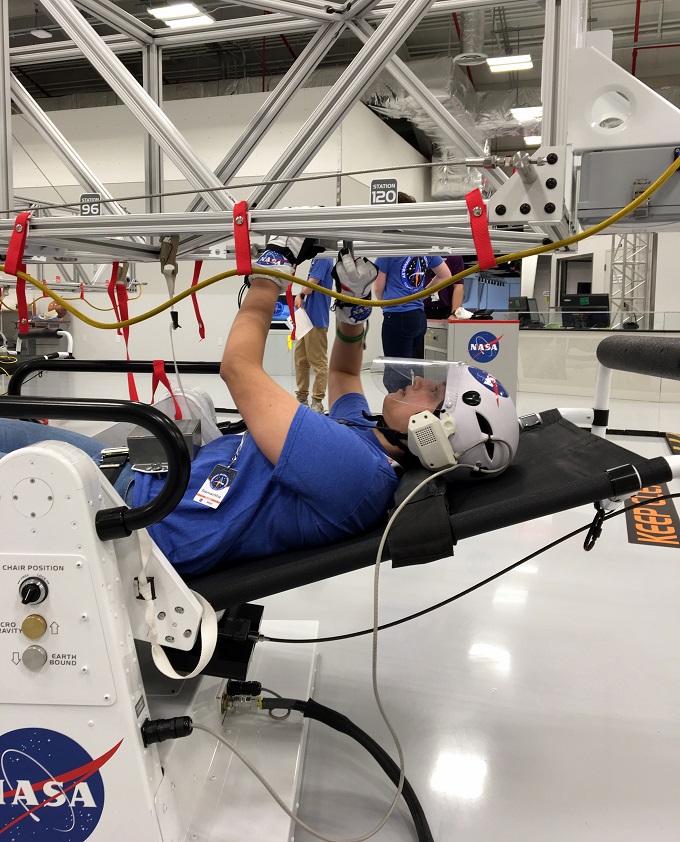
“Arts tours feature Broadway workshops, Stella Adler acting workshops and graffiti tours in downtown LA. STEM tours are immersive and varied, with activities like lunch with a NASA astronaut, studying the physics behind rollercoasters at a theme park or the technology behind blockbuster movie-making in Hollywood, to taking part in a rocket launch simulation at Kennedy Space Center. Cultural tours combine authentic experiences in new countries with sightseeing like walking across the Golden Gate Bridge or visiting world class galleries. Schools like to incorporate outdoor activities like snowboarding lessons, canoeing or even a sporting clinic.”
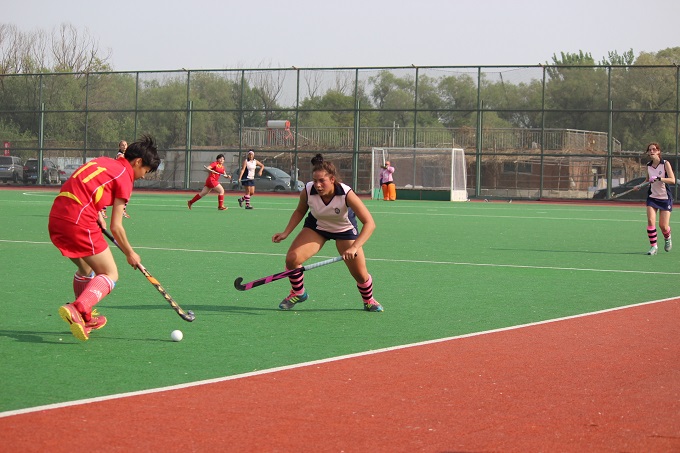
Peter shared some of his favourite tour options for schools: “Just about anything is possible! There’s the annual China Stars International Friendship Games in April, a great option to feature boys’ and girls’ soccer and basketball, plus girls’ hockey. Bespoke sports tours are also possible. Music tours, either to the Tutti Youth Music Festival Beijing (the next one is in July 2021) or bespoke tours visiting a number of cities. Cultural/historical and business studies tours are also available and these generally travel to a number of cities.”
What is the biggest learning experience students can gain from an overseas tour?
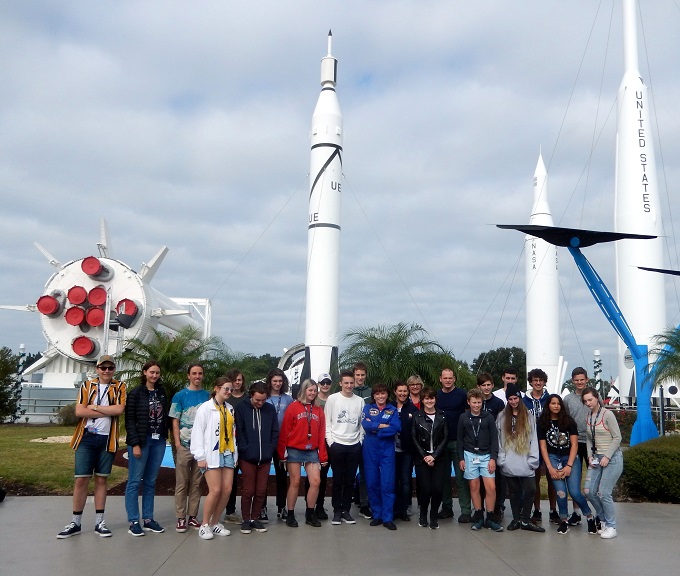
Peter listed: “Patience, failure as an opportunity for success, wisdom, communicating without language, learning to dream big, and taking a break from Facebook! When you spend time with different cultures and see the kindness of strangers, it breaks down stereotypes.
“You learn that people are fundamentally good. In fact, you realise that you actually share more things in common than what you could imagine. Most people want a better world, peace and happiness, and they are willing to reach out to help their fellow human beings. Travel can turn introverts into extroverts, bring confidence to the meek, and create adrenaline junkies out of thin air; it pushes your physical and mental limits, forcing you to quickly adapt to uncomfortable and unfamiliar situations.”
Ross noted: “Students are learning life skills like patience, cooperation, teamwork, budgeting and time management (that is a big one!). But most importantly: they get to experience learning in ways that are just not possible inside a classroom.” He shared some thoughts from Berwick Grammar teacher, Helen McDonald who spoke about her recent overseas tour: “The fact that we were actually planting and measuring products of plants and that it would contribute to Mars research made the whole experience completely authentic. A lot of the other activities we did were really great too – the students were really engaged despite the length of the programs.
“There was diversity, lots of problem-solving and teamwork, so the whole STEM focus was there – the space tour wasn’t just about space.”

